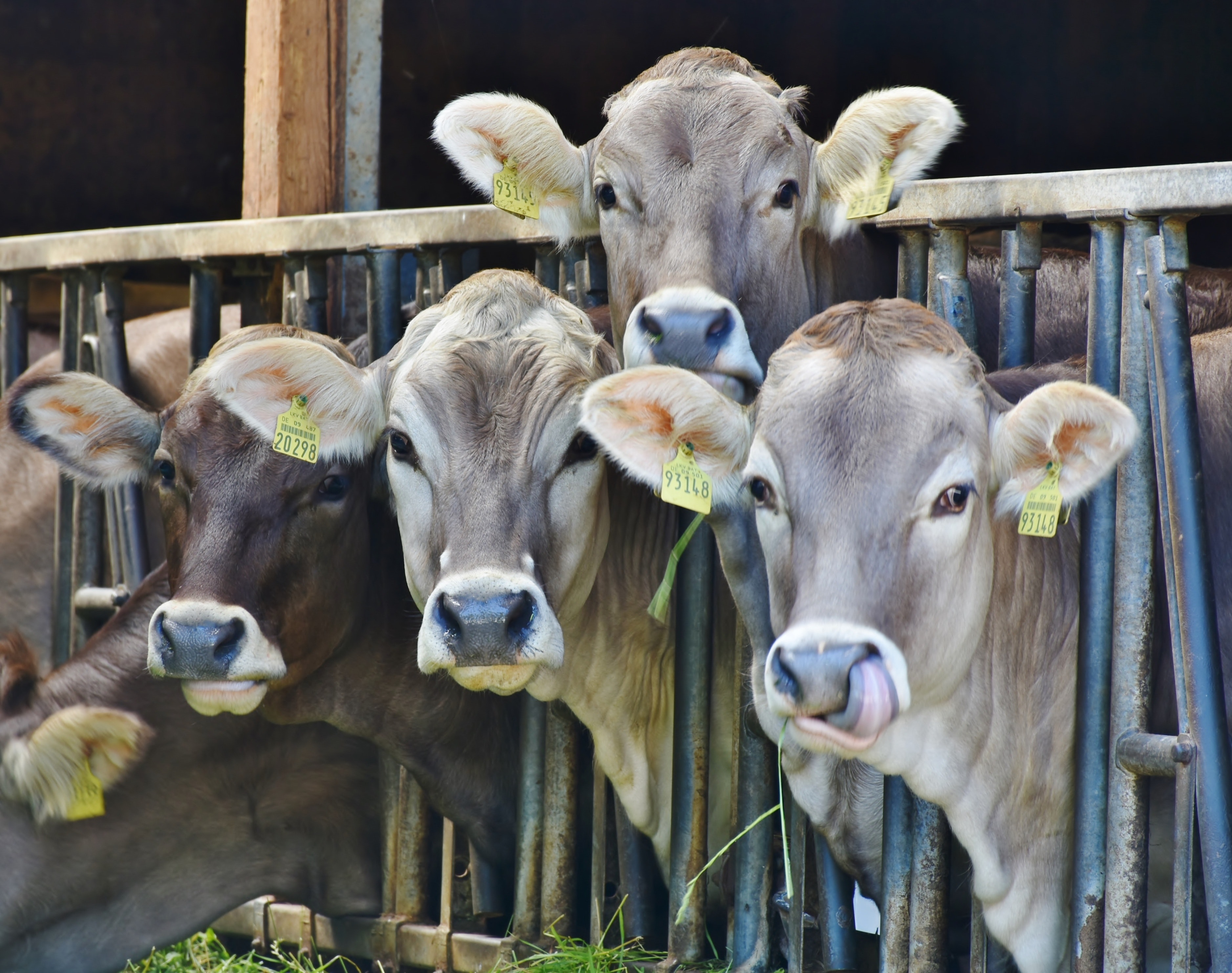Let’s underline the concept: A company is competitive if people want to collaborate with it. The word people includes employees, shareholders, suppliers, banks, even the State.

When looking for a job, we tend to think of salary as the main factor of decision. The money is vital. We work for it; we need it to live. While this is true, other elements gain importance in the assessment process, and personal values are not a minor one. Fewer people would accept to work today in companies that practise open discriminatory policies against any group of people than some years ago. Many would not like to work for the weapons industry, in slaughterhouses or for tobacco brands, for instance. Our ideas of what is right and wrong have evolved, and growing numbers of people refuse to be identified with the negative social perception hanging from “wrong” labelled activities.
In the article “190 Brilliant examples of Company Values” the author gathers the published values of 29 multinationals. Going thru the list, are values such us “Seek diverse perspectives” (Twitter), “Good work takes time” (SquareSpace) or “Great just isn’t good enough” (Google) attracting the best talent? Do they match with people’s expectations?

Companies such as Google or Twitter are not competitive because of the list of values that they edit on their webpages. They are competitive for what they represent in the mind of those who would like to get a job there: a young atmosphere, global impact, capacity of influence, notoriety, and of course, nice salaries and other benefits. Probably the candidates will not even read the internal values of the firms, if they find them in their webpages.

We could go one step beyond and wonder what factors are responsible for the success of a or lack of it, when considering an industry’s image. ICT as an industry has a great image, all companies operating in this field will benefit from a special aura, even if they are not the best performers. The meat sector starts to have a very negative reputation and this will impact in individual firms, also if they try to diminish the sufference of animals.
Harvard Business Reviews publishes (April 2020) a short article on the topic of individual values: “Build a Company that aligns with people’s values“. In a world that we perceived as violent and exhausted, people want to feel that, in their job and in their lifes, they make a positive difference.
A comprehensive analysis of this relationship between an industry and a company image can be read in the paper “Industry image: its impact on the brand image of potential employees.” (Burmann, Schäfer and Maloney, 2007)

The document deserves attention. The authors analyse the relationship between industry image and brand image and the importance given by students when it comes to choosing a future employer.
The conclusion is definite: Industry image plays a significant role in the positive or negative perception of a brand.
This is no surprise, but they raise an interesting point: Industry collaboration can be essential to maintain or improve the image of an industry.

As written (page 16),”this study provides a strong argument for industry collaboration. It is undoubtedly a mutual task to positively influence the industry image. This is of particular relevance for industries and companies that are under public scrutiny and suffer from weak images such as the oil industry or, in many economies, also the banking industry.”
This conclusion is bringing us to the same principles exposed in my post “The Competitiveness of Cities“. In it, I stressed the importance of industrial clusters as a motor for competitive municipalities.
An interesting follow up would be to know the impact that a prominent cluster can have in the in a city’s image or country’s image. Is the attractiveness of Seatle improved because of the vast ICT presence? Is Ireland in general profiting from the same blessing? How do countries erode their image on accusations of cruel treatment to minorities or animal life? Good points for future posts.





